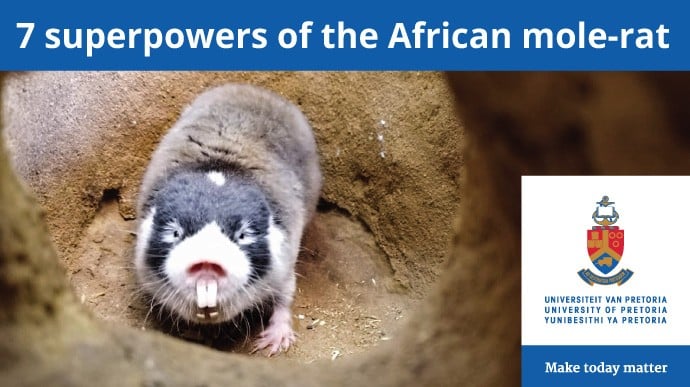 Infographic
Infographic
Mole rat biology could inform human health interventions like cancer therapies, heart attack prevention, maternal health and birth control, mental health approaches, anti-ageing drugs, neurodegenerative disease treatment, and pain management.
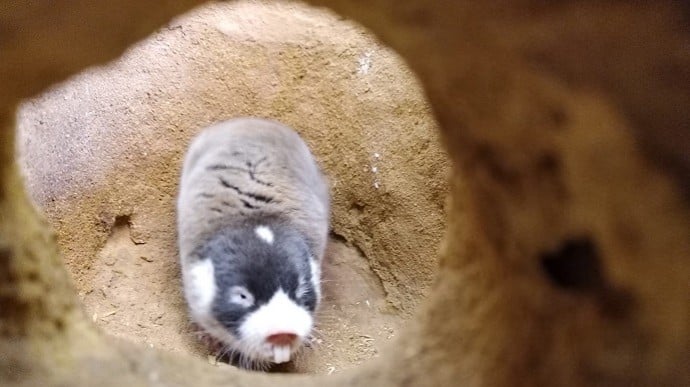 Story
Story
University of Pretoria (UP) scientists have contributed to discovering how the naked mole rat is able to withstand heart attacks and fend off bowel cancer, two of the most fatal human ailments in the developed world. Their findings were published recently in two Nature Communications papers.
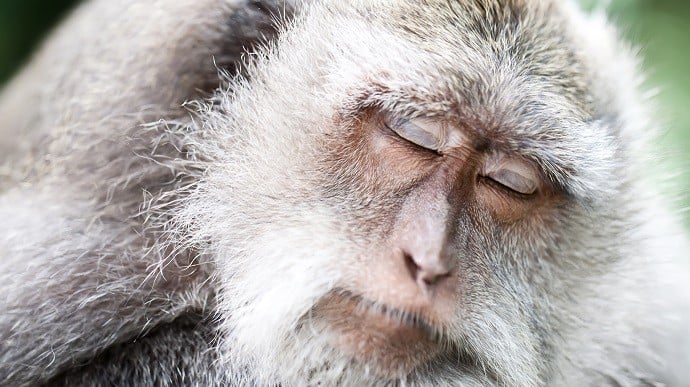 Story
Story
The quest for immortality has long fascinated humans, and inspired countless tales – now, in two new studies published in the journals Nature and Science, University of Pretoria (UP) researchers, along with a team of global experts known as the Mammalian Methylation Consortium, are a step closer to unmasking the secret of aging in mammals, thus raising important questions – and answers.
 Infographic
Infographic
This infographic explains how the universal pan-mammalian clock was developed to determine the age of mammals in the wild for conservation and the preservation of endangered species. The clock can be used in forensic science to estimate the correct age of a victim at the time of death or the age of a suspect based on forensic evidence.
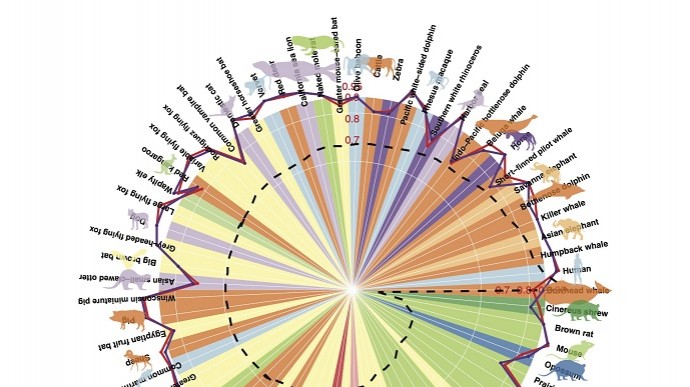 Photo
Photo
Aging has long been thought to be the result of random cellular damage or degradation over time, but this latest research shows that the epigenetic aspects of aging in fact follow a predetermined “programme”.
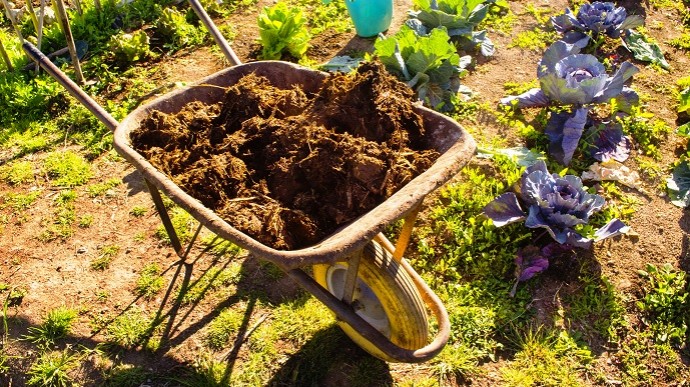 Story
Story
University of Pretoria (UP) researchers lent their expertise to a recent study led by the University of KwaZulu-Natal and found that rural farmers in KwaZulu-Natal are open to buying and using compost made from human sewage as long as they can be sure that it is safe, affordable and works as well as other products on the market.
Copyright © University of Pretoria 2025. All rights reserved.
Get Social With Us
Download the UP Mobile App